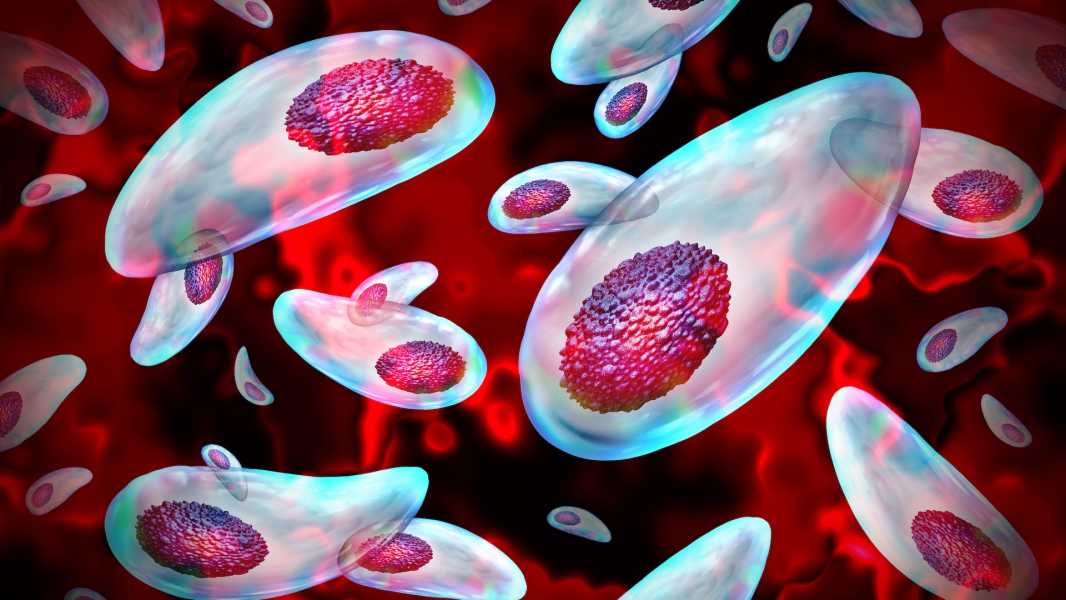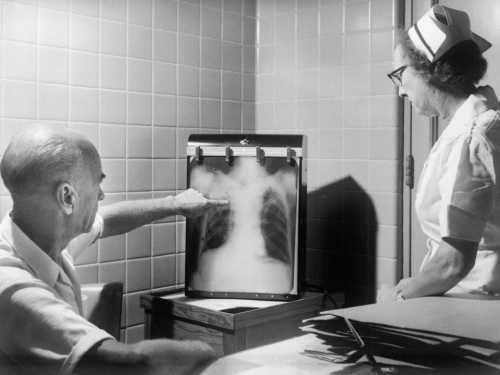
Toxoplasma has the ability to invade the reproductive system. (Image credit: wildpixel via Getty Images)
Male fertility rates have declined significantly over the past 50 years. A 1992 study found a steady decline in both sperm quantity and quality since the 1940s. More recent data has shown that male infertility rates have increased by nearly 80% from 1990 to 2019. While the reasons for this trend are unclear, commonly cited factors include obesity, unhealthy diets, and environmental toxins.
Infectious diseases such as gonorrhea or chlamydia are often overlooked despite their impact on male fertility. Evidence also suggests that the widespread single-celled parasite Toxoplasma gondii may play a significant role: A study in April 2025 demonstrated for the first time that “human sperm lose their heads when exposed to the parasite.”
I am a microbiologist and my lab studies Toxoplasma. This new study confirms previous findings that highlight the importance of preventing this parasitic infection.
You might be interested
- Parasitic worm increases risk of cervical cancer
- Man becomes first to undergo unique sperm-producing stem cell transplant
- How long can human sperm last?
Various ways of infection with toxoplasmosis
Infected cats shed Toxoplasma oocysts into litter boxes, gardens, or other areas of the environment where they can be picked up by people or other animals. Water, shellfish, and unwashed fruits and vegetables may also contain oocysts of the infectious parasite.
In addition, tissue cysts of Toxoplasma can be transmitted through the meat of warm-blooded animals if it is not properly cooked.
Although most hosts of the parasite can control the initial infection with minimal or no symptoms, Toxoplasma remains in the body for life as dormant cysts in the brain, heart, and muscle tissue. These cysts can become active and cause new episodes of serious disease, causing damage to vital organs.
Between 30% and 50% of the world's population is constantly infected with Toxoplasma due to the numerous routes of transmission of this parasite.
Toxoplasma can affect the male reproductive organs
Once infected, Toxoplasma spreads to virtually all organs and skeletal muscles. Evidence that Toxoplasma can also infect the male reproductive organs of humans first emerged during the HIV pandemic in the 1980s, when some patients were found to have parasitic infection in their testicles.
Although patients with weakened immune systems are most at risk for testicular toxoplasmosis, it can also occur in healthy individuals. Studies using imaging of infected mice confirm that Toxoplasma parasites quickly move to the testicles, as well as the brain and eyes within days of infection.
Sourse: www.livescience.com





